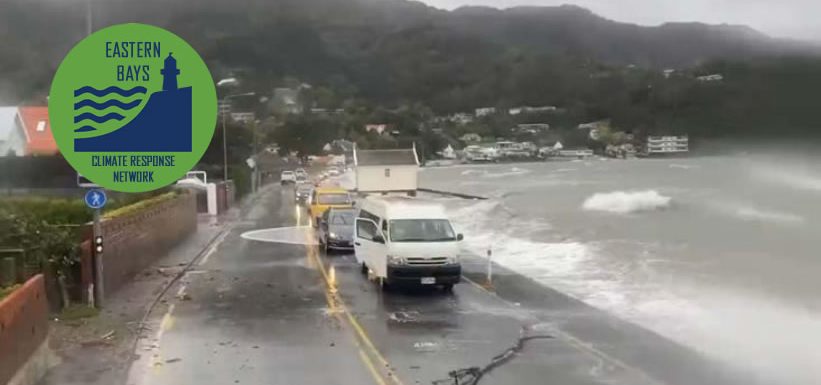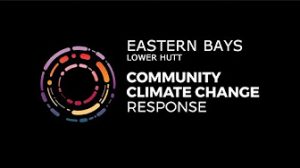On Wednesday 3rd August 2022 we hosted an information meeting to get a community perspective on how climate change and specifically sea level rise will impact the Eastern Bays, and start the discussion on how to respond. With an attandance of over 100 locals, councillors and officers the evening featured a range of information, some global but mostly looking at the local impacts. It included insights into how risks are viewed and may be managed, how we must respond to what is inevitable as well as act to restrict the extremity of what could happen.
We had 4 presentations from experts covering various aspects of the issues we need to address, followed by a question and answer session including initial impressions on the NZ Government announcement (same day) of the National Adaption Plan .
The evening is available as a complete playlist (all videos) below, or you can watch individual presentations
First to speak was Associate Professor Richard Levy who talked about the New Zealand SeaRise project and how it’s data can help you plan for, and adapt to, rising seas. New sea level projections are available at points every 2km around our coastline. This new information can be accessed via an online map and can help communities, like Eastbourne, identify when coastal flooding events are likely to become more frequent
Next was Belinda Storey, Managing Director at Climate Sigma – In 2017, Belinda coined the term “insurance retreat” and her new model “climate leases” estimates the time limit climate change is imposing on property exposed to extreme weather.
The Hutt City Council, represented by Kate Pascall and Chris Page of the Hutt City Council Policy Planning Team discuss how climate change and sea level rise are being considered in developing Hutt City’s District Plan.
Councillor Roger Blakeley – Greater Wellington Regional Council – Chair GW Transport Committee discussed regional transport mode shift, and carbon emissions reduction – what the regional council wants to achieve by 2030 and how they plan to do it.
Finally, the group responded to the annoncement of the National Adaption Plan as well as questions from the audience.

